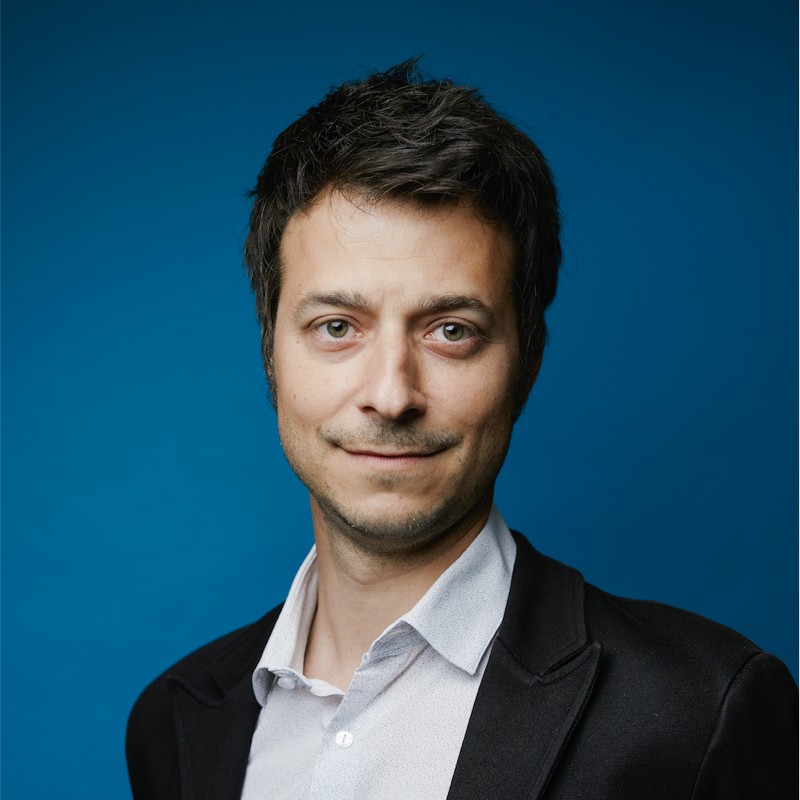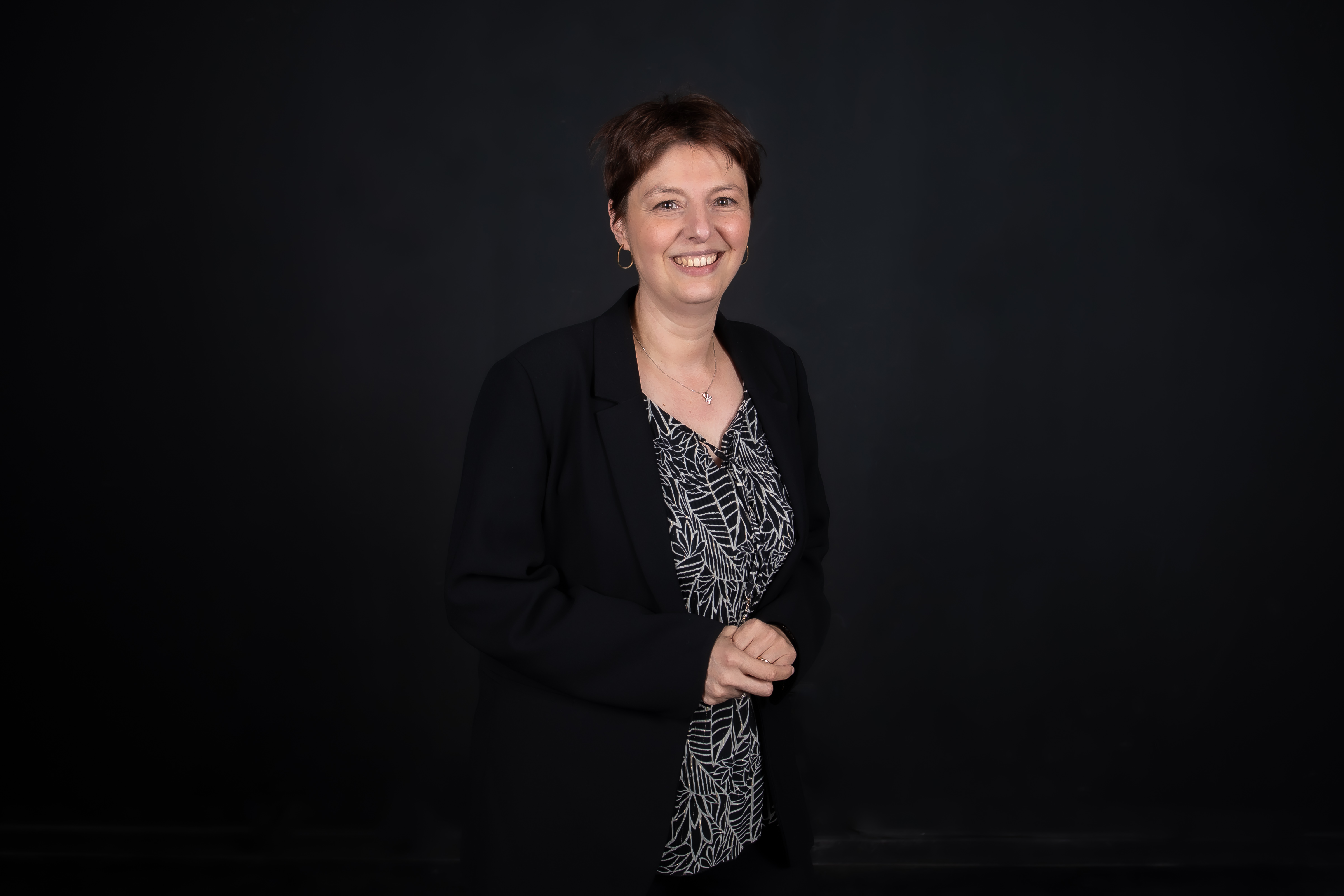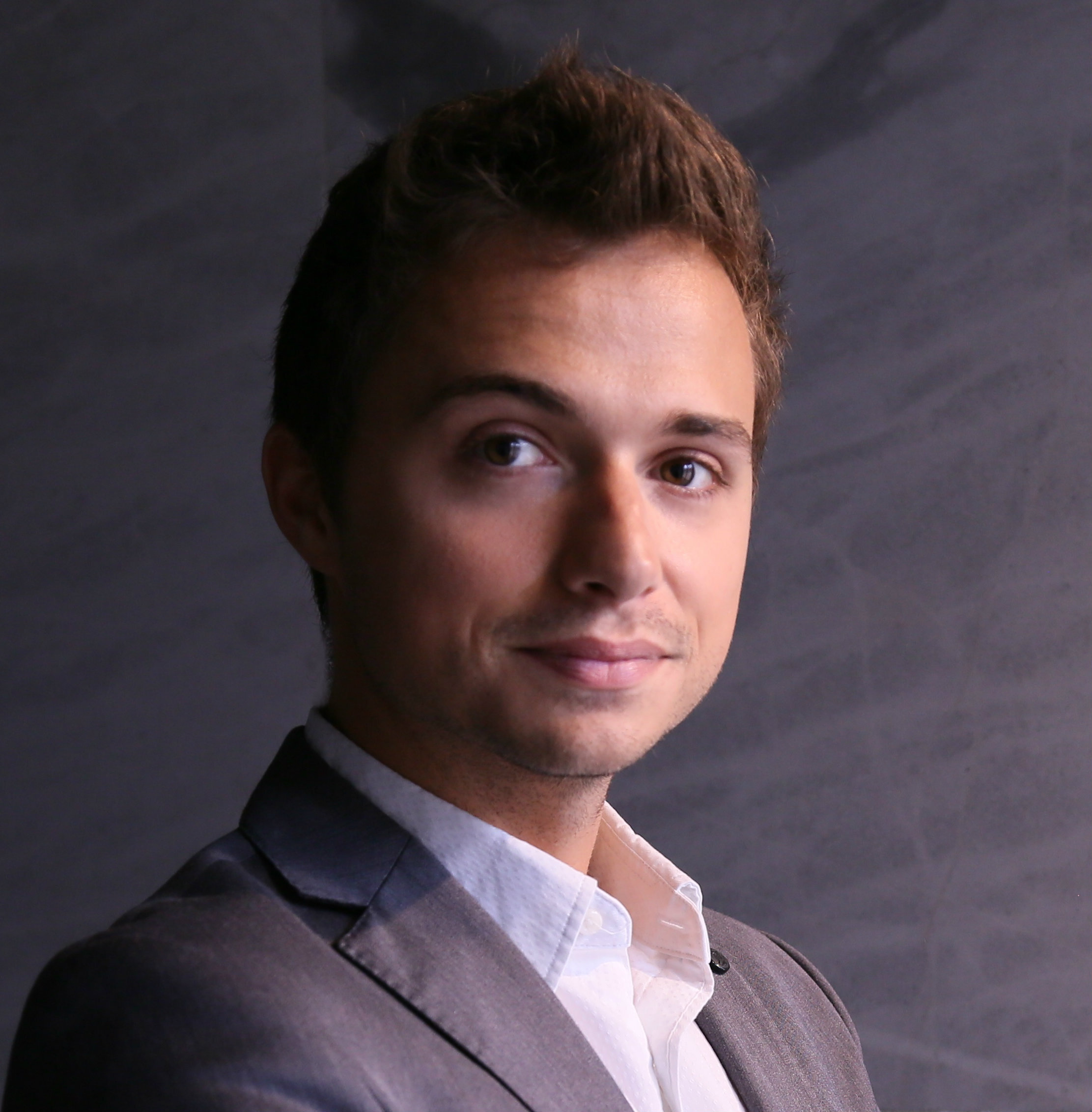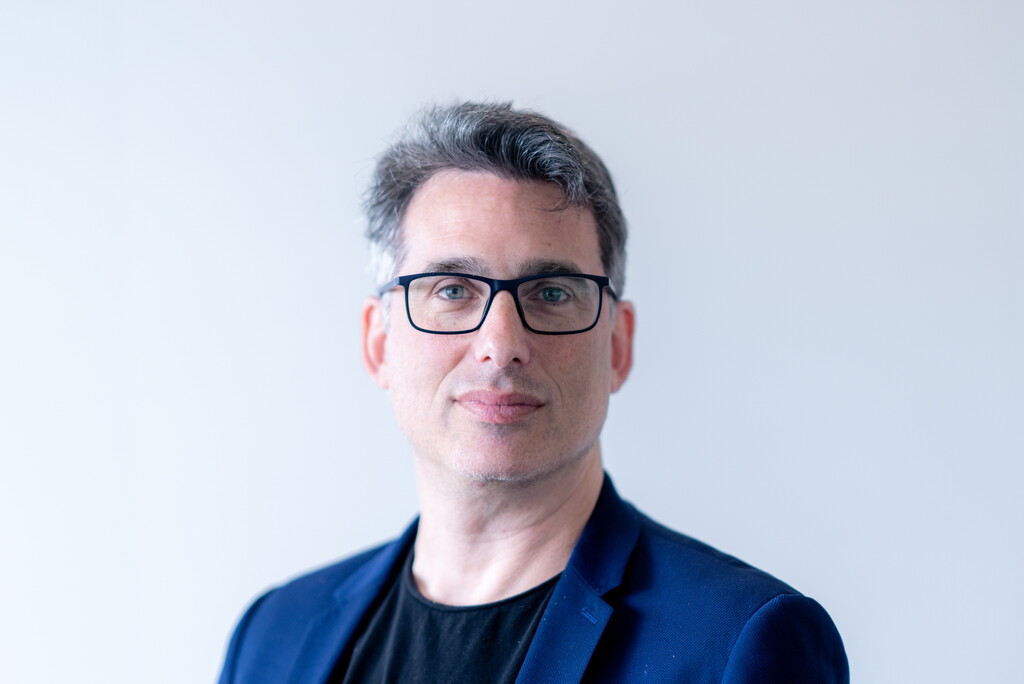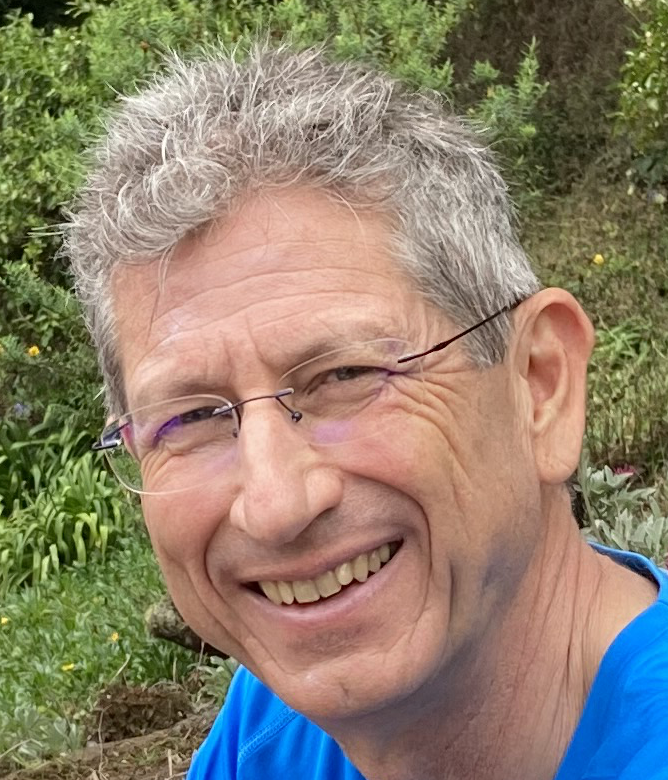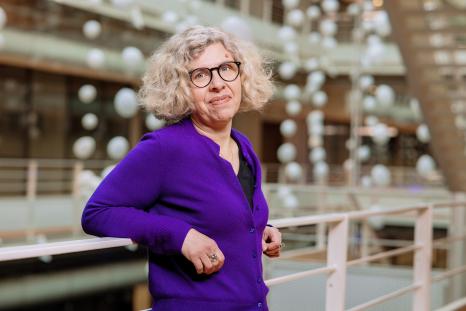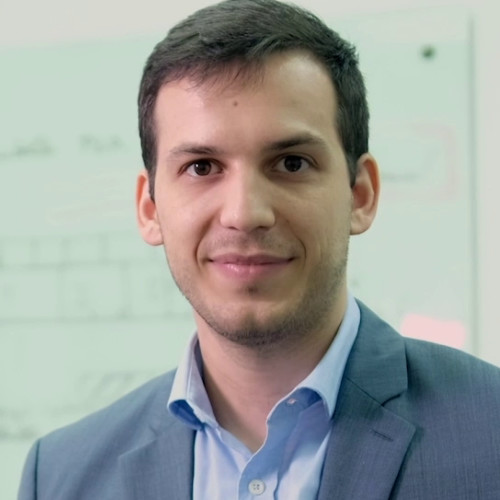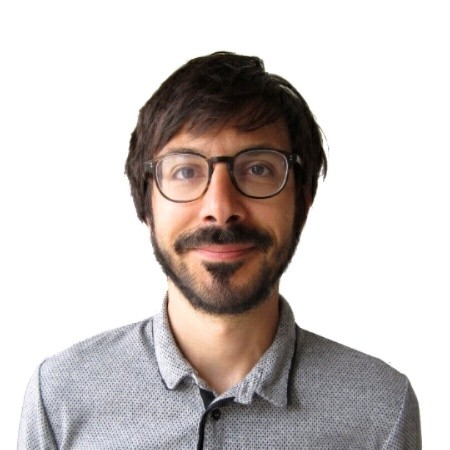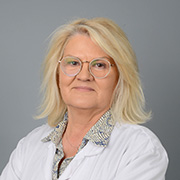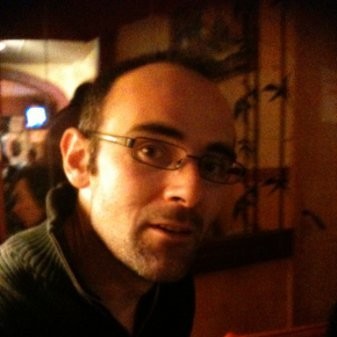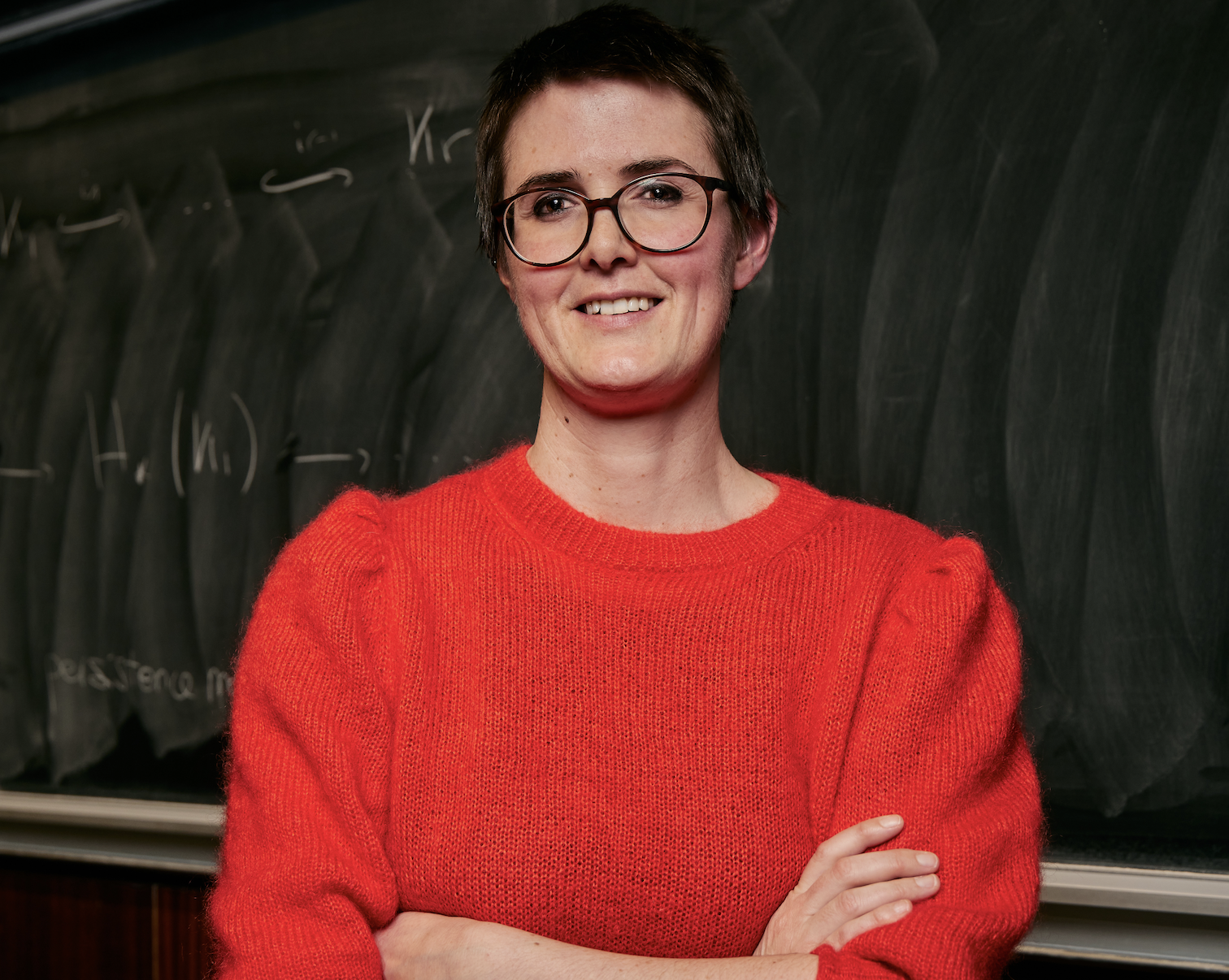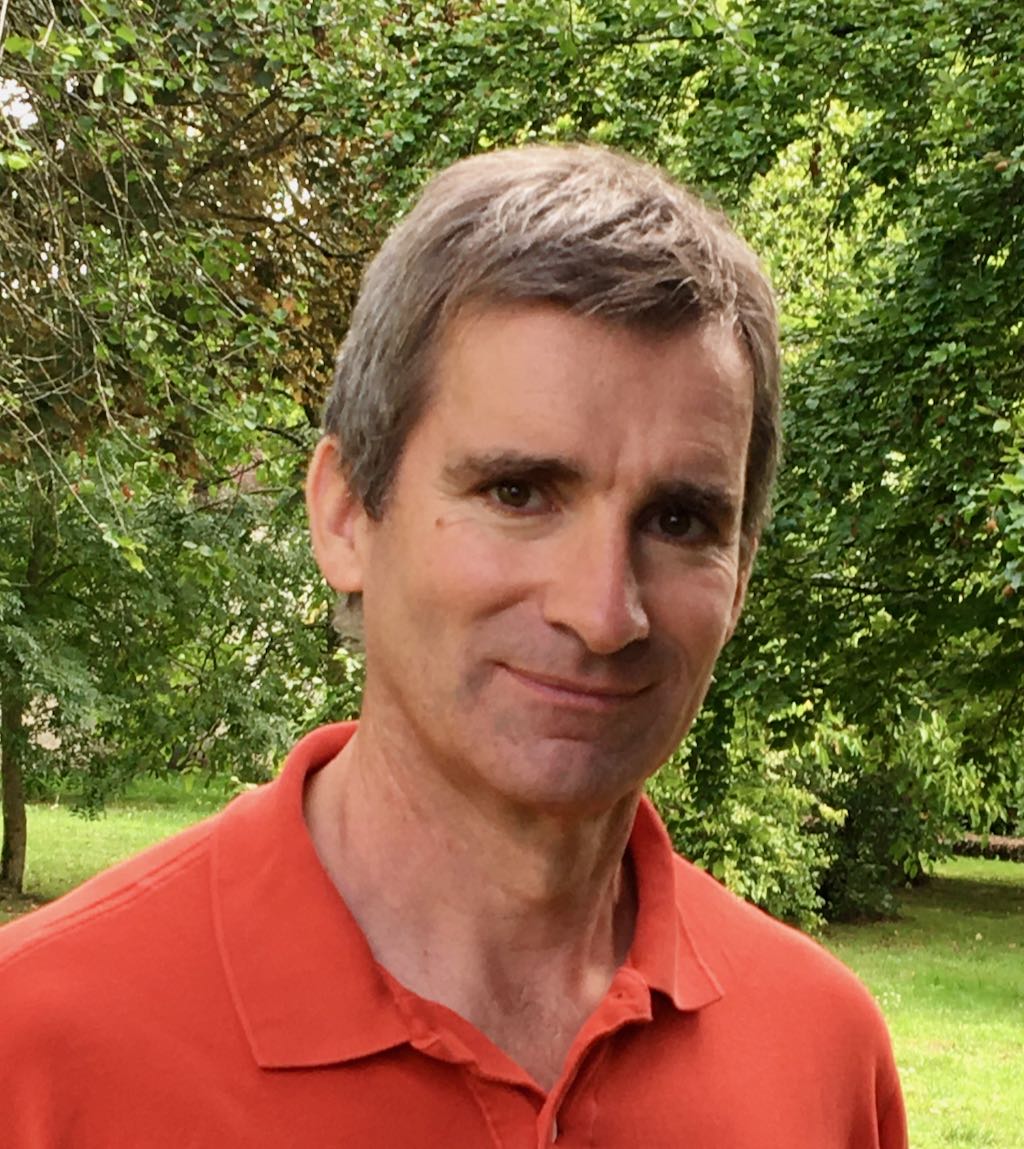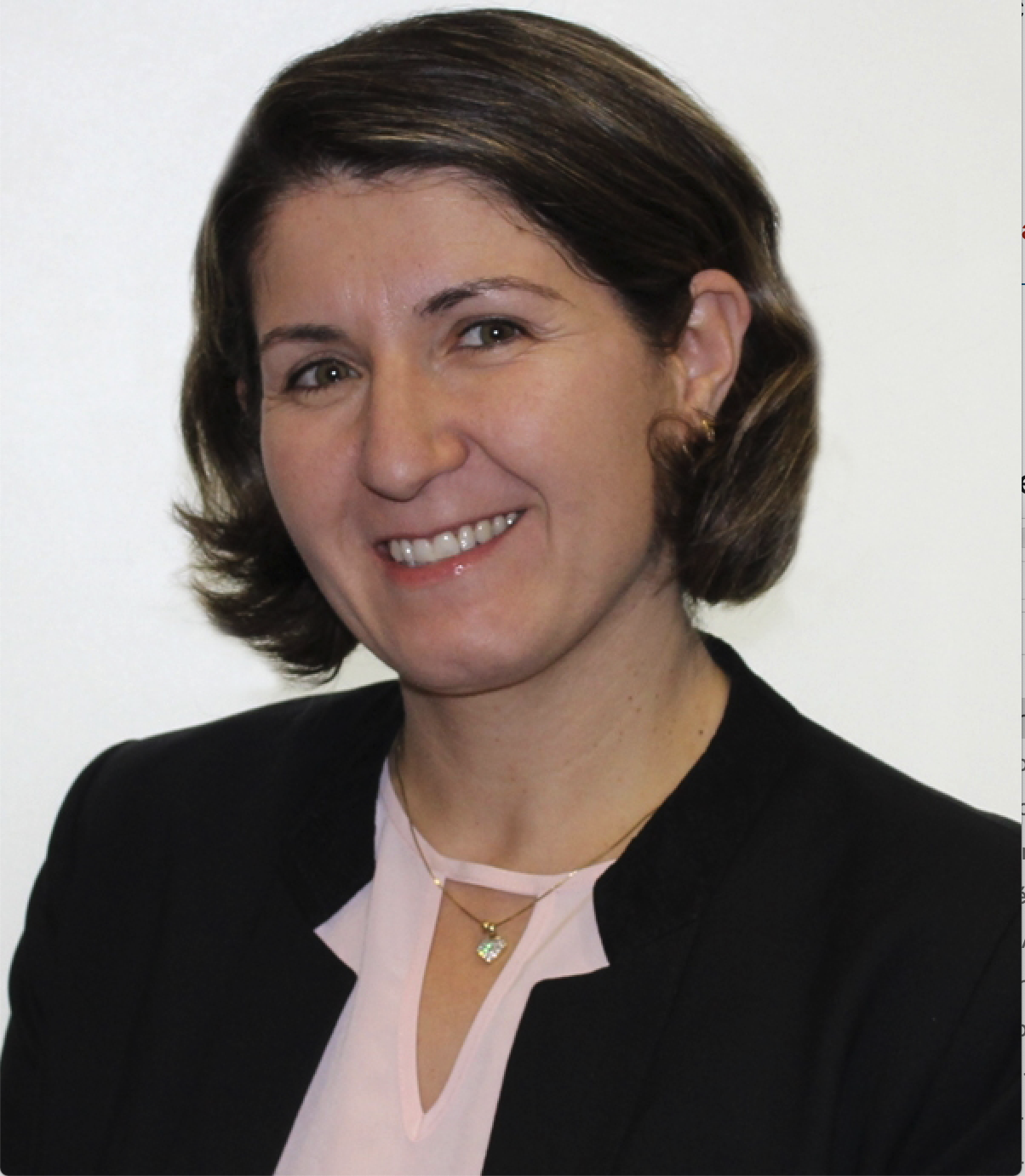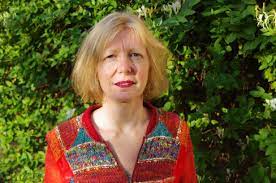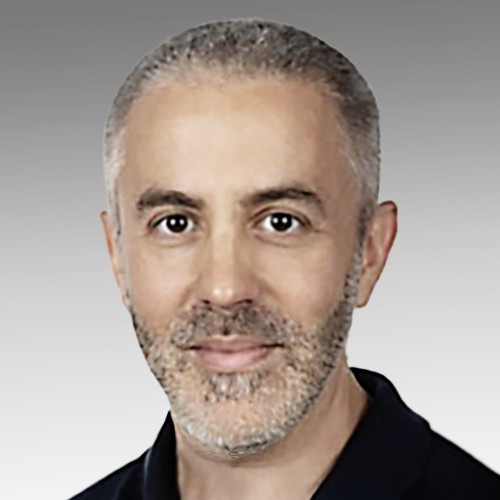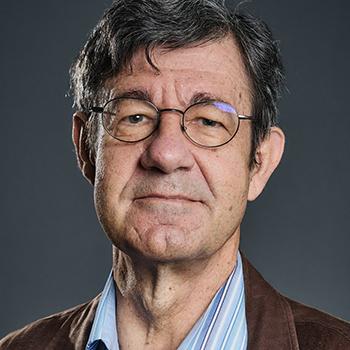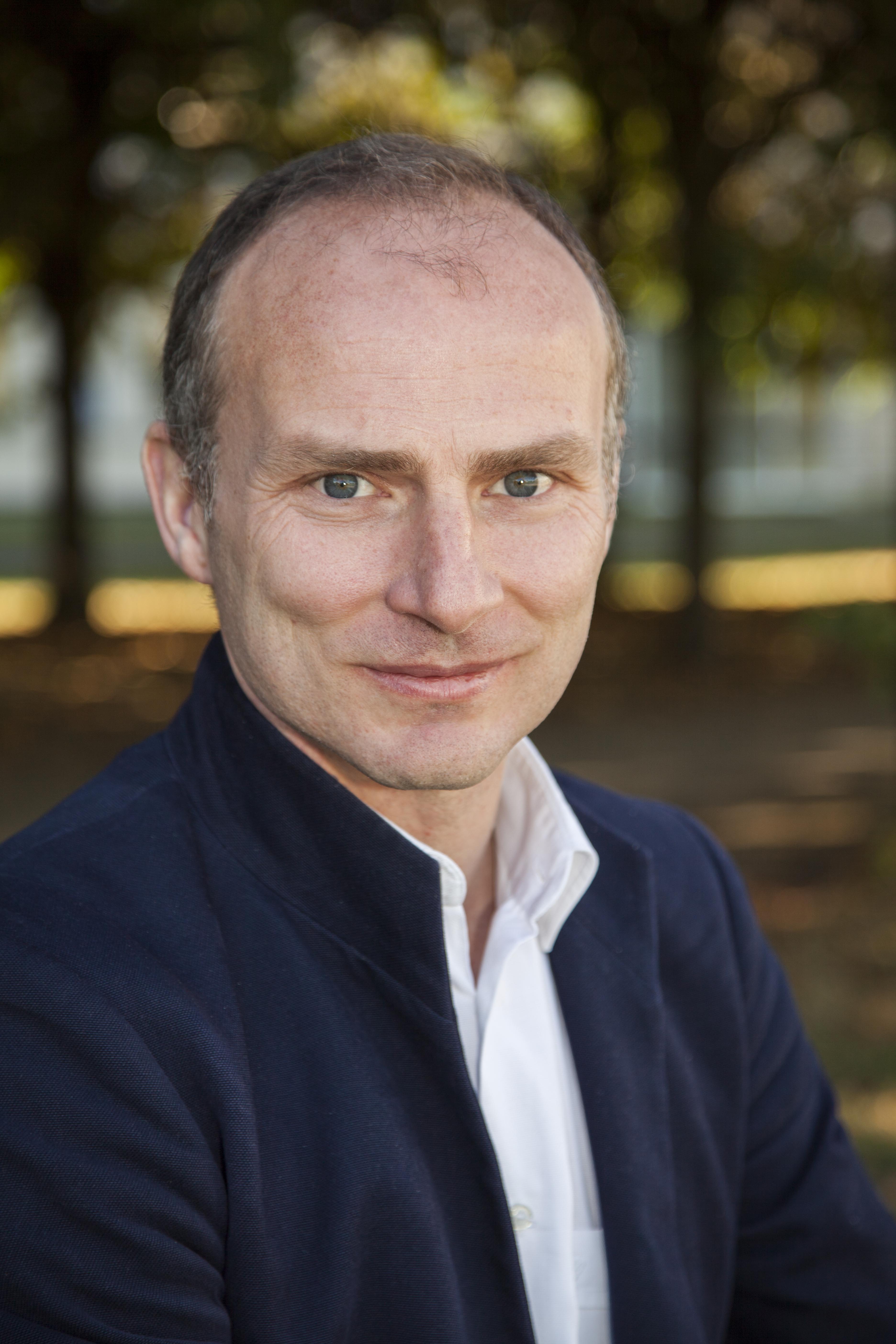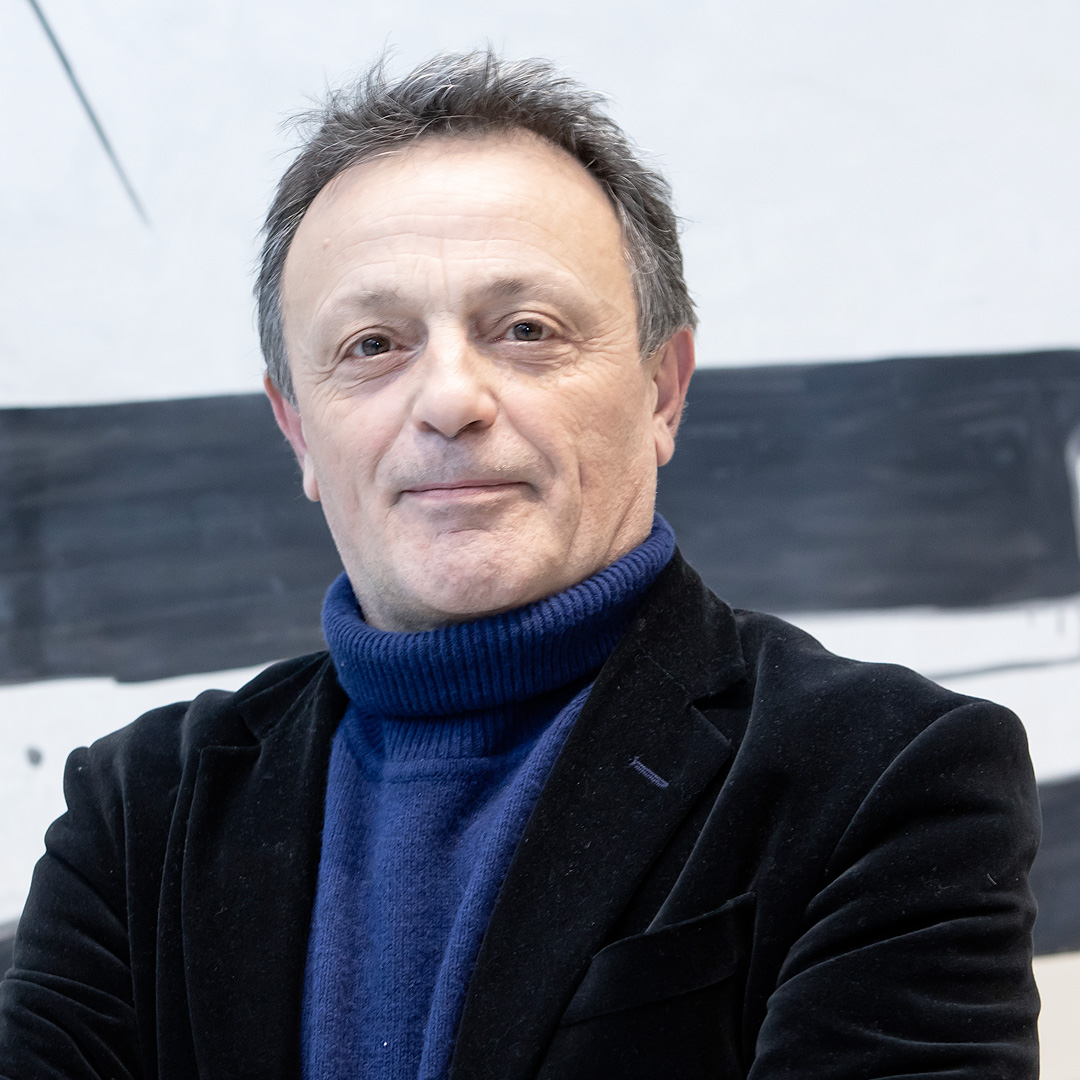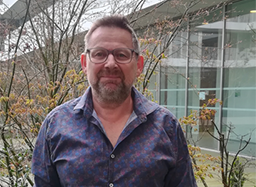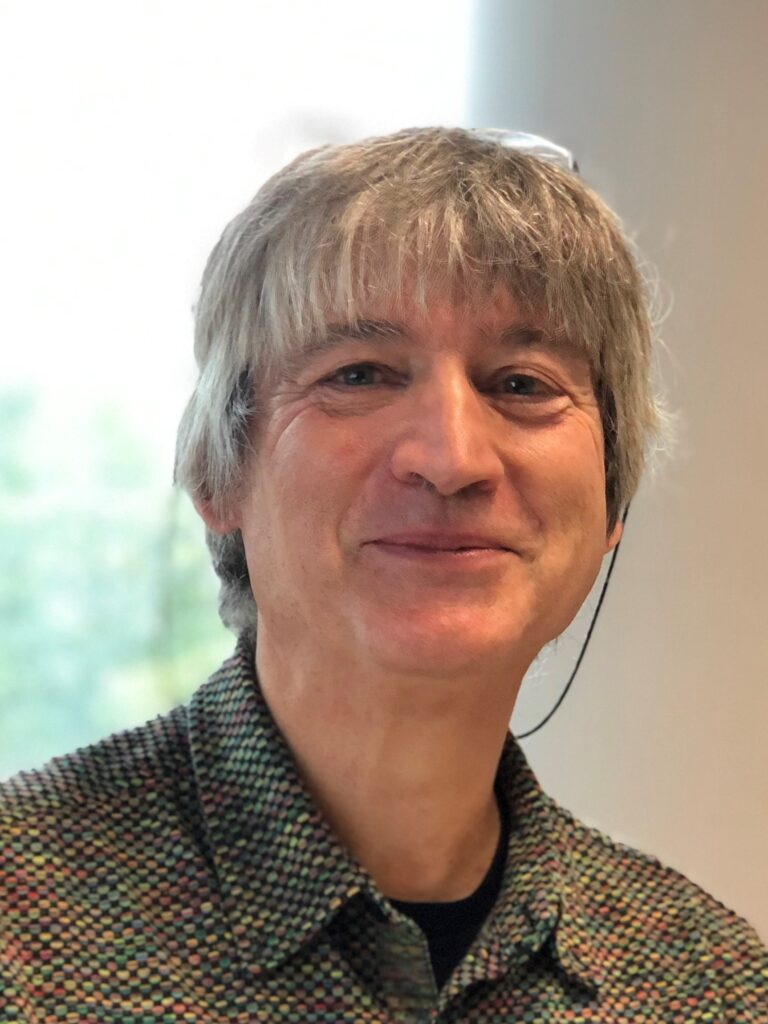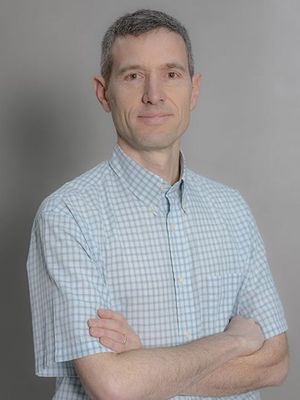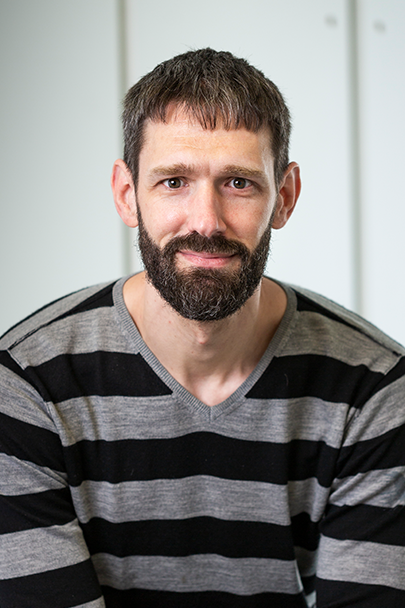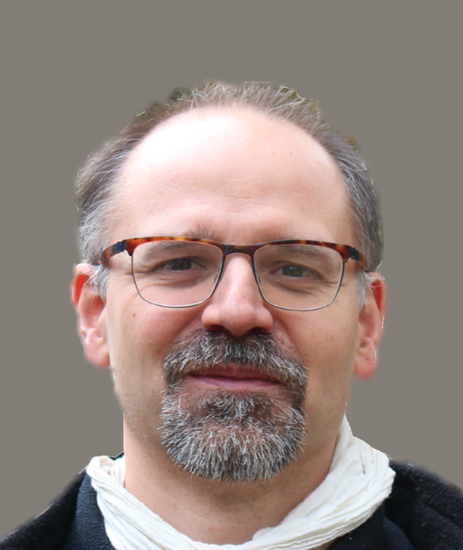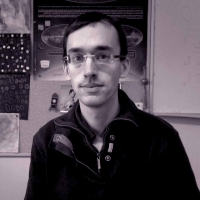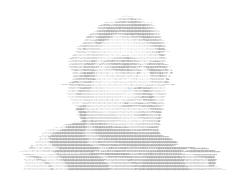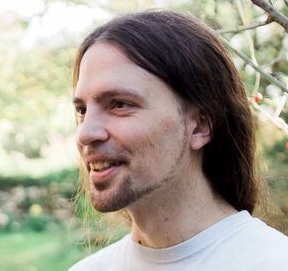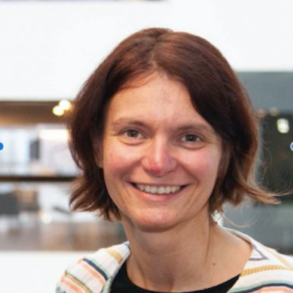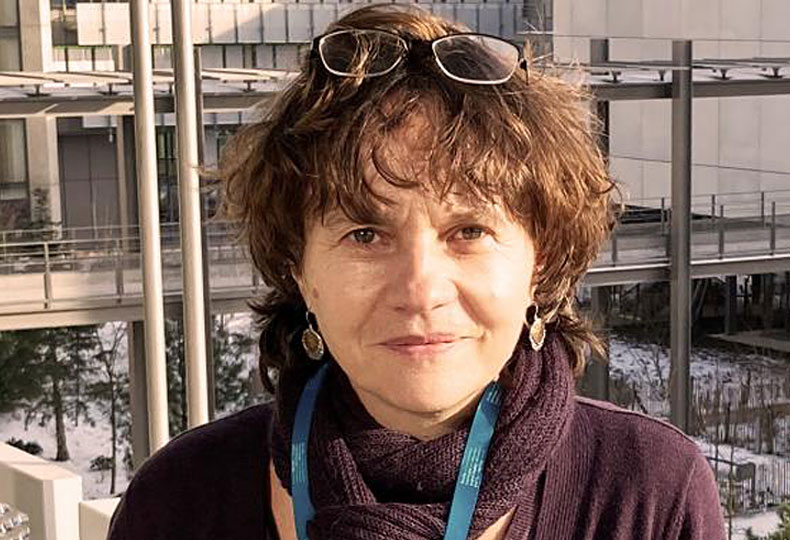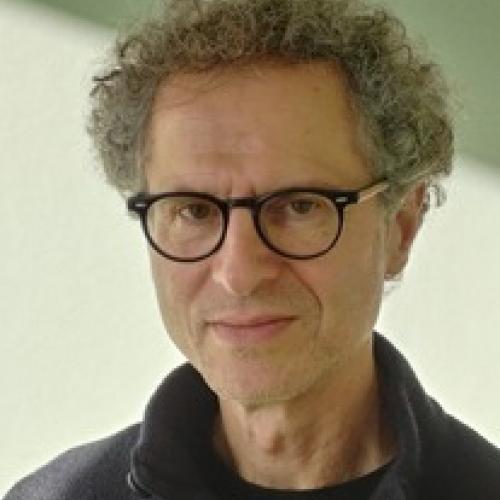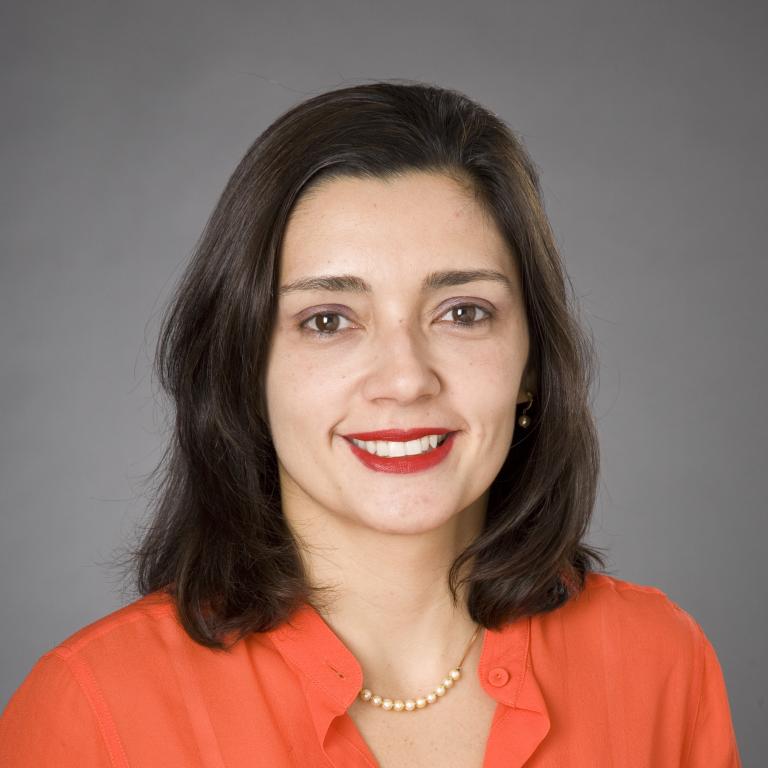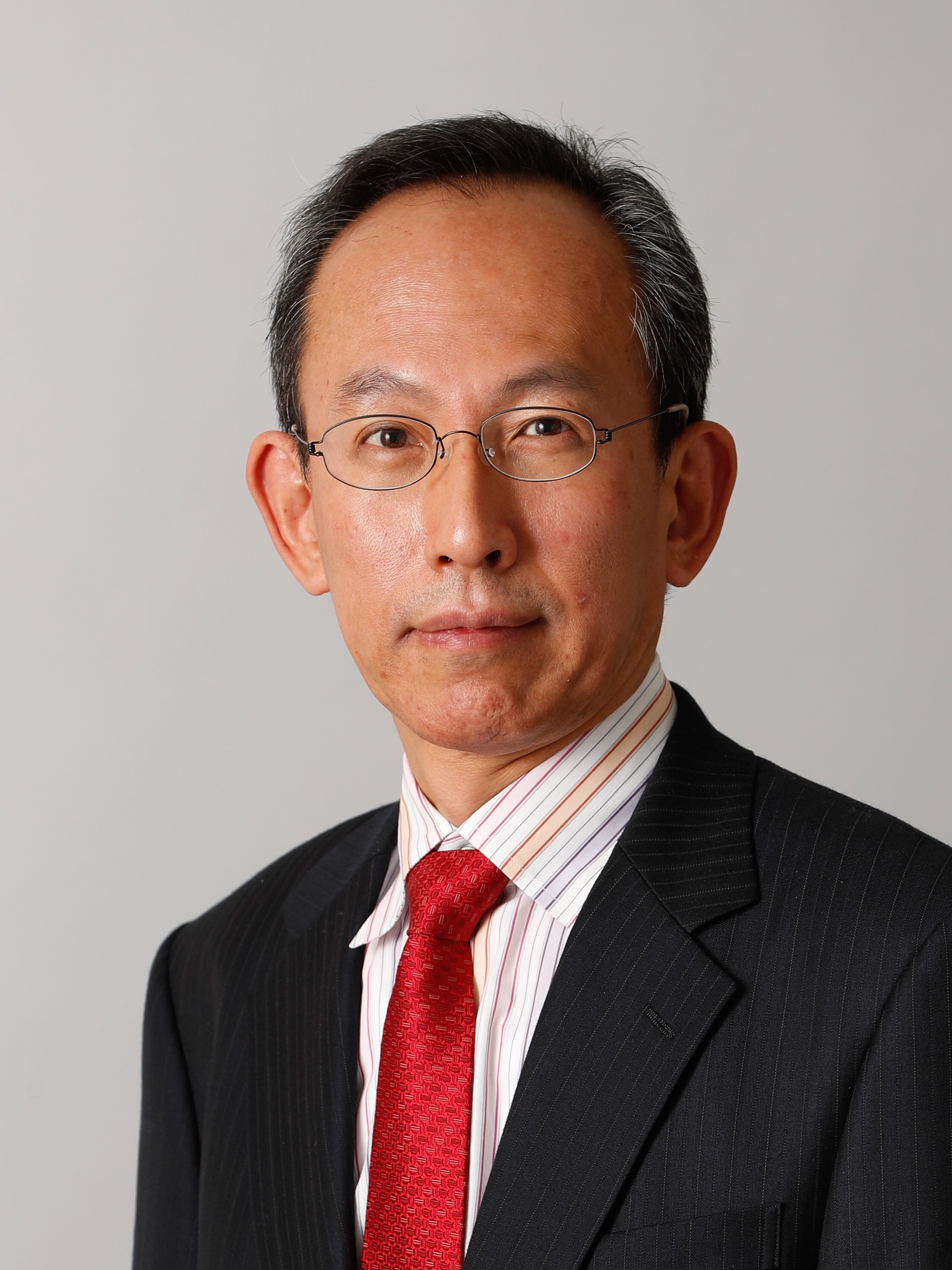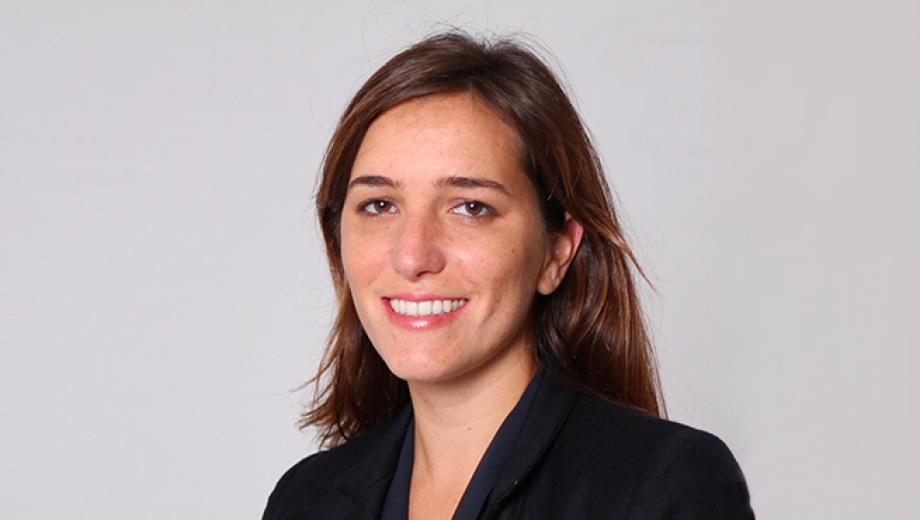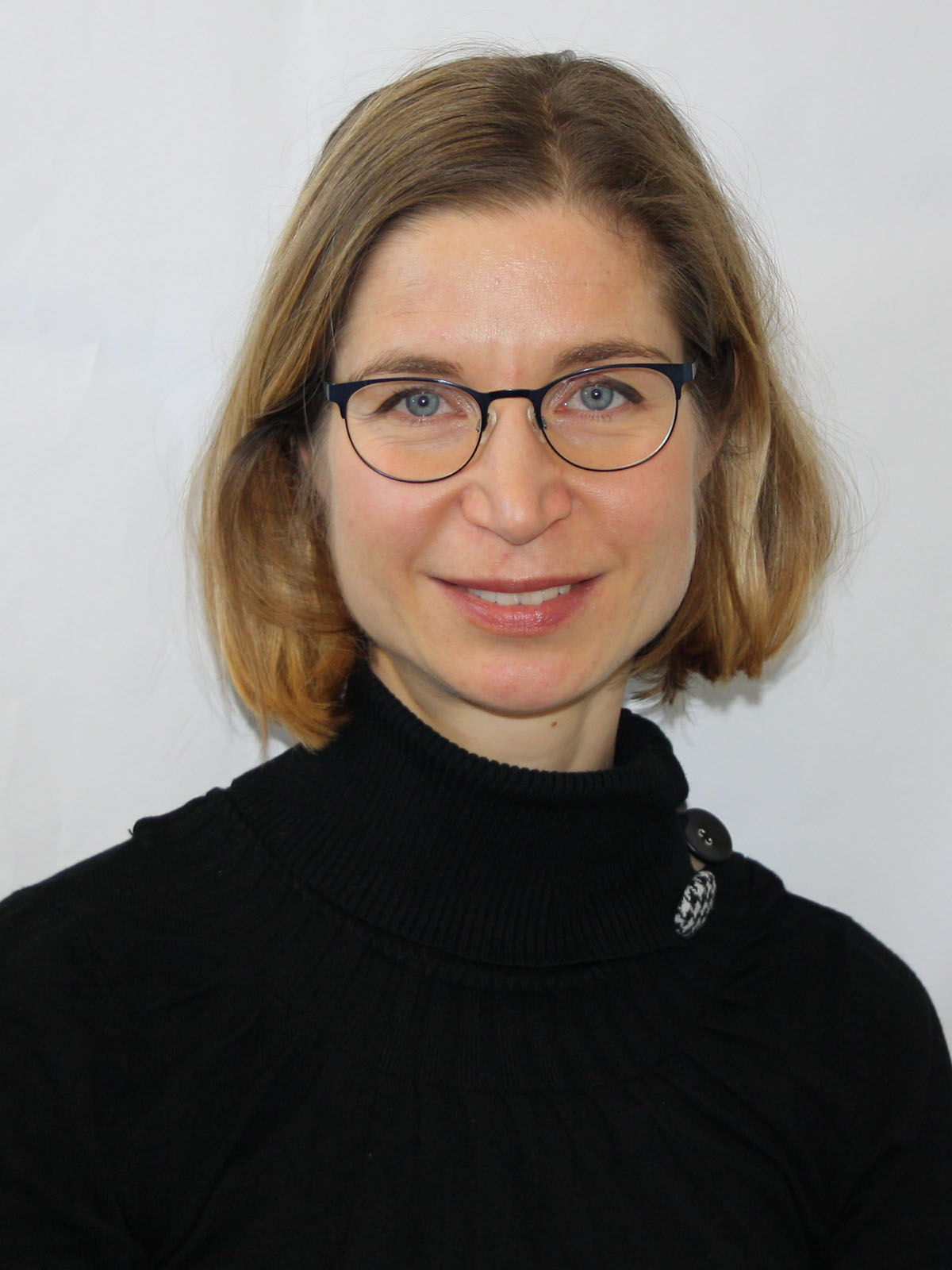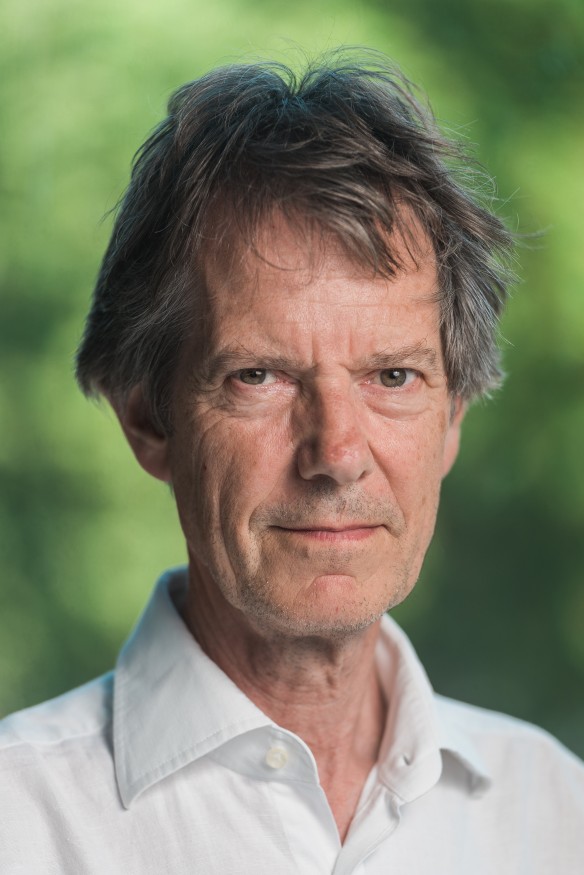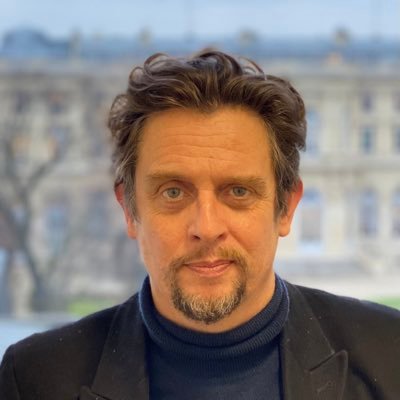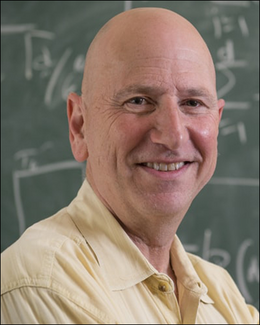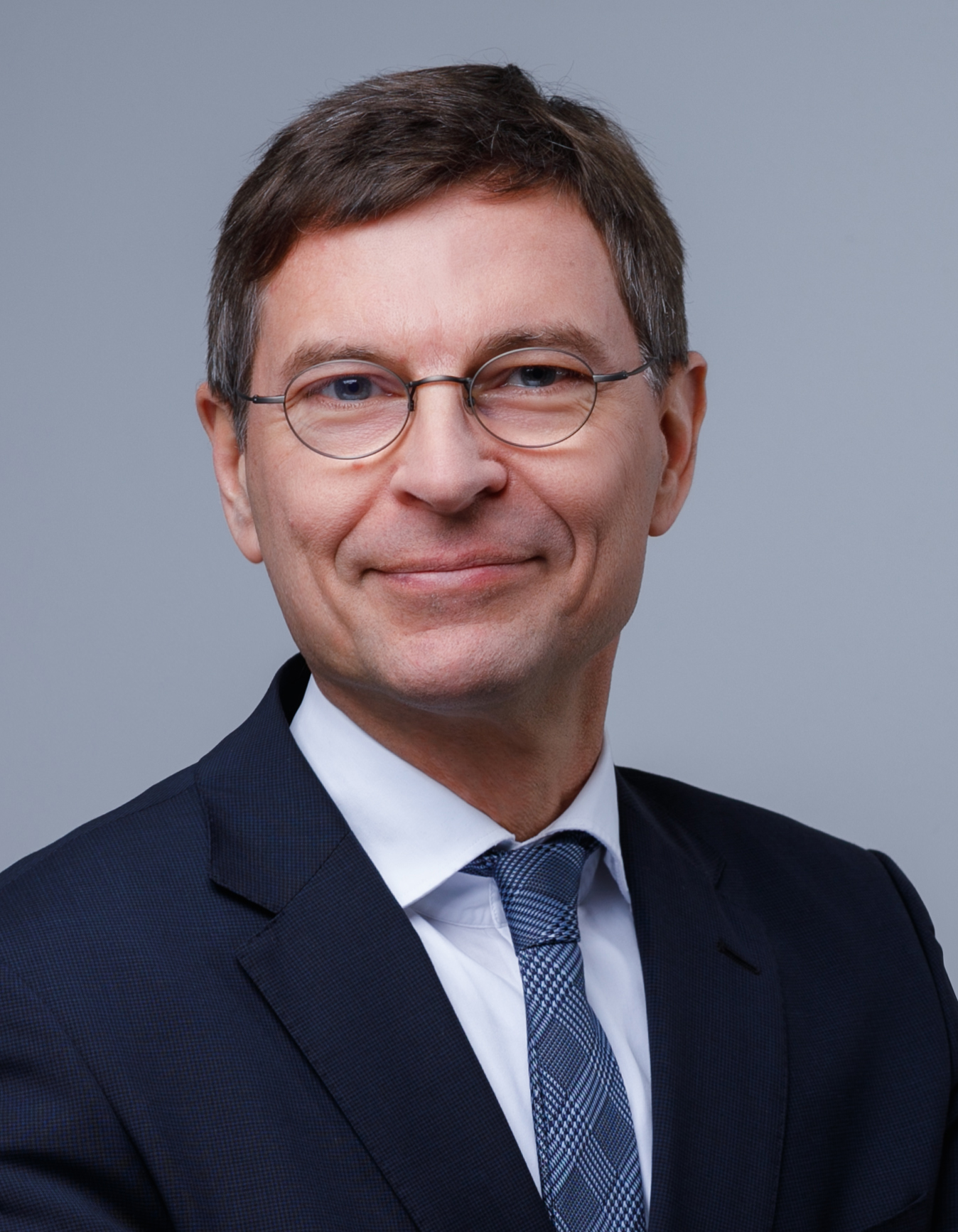Governance

The Executive Committee (or board) is responsible for overall project management, and for appraising scientific and strategic actions for submission to the strategic and program committees.
The upcoming DataIA Executive Committee meetings, during which the proposals submitted to the calls for projects will be reviewed, will take place on the following dates: December 15, 2025 / January 12, 2026 / February 16, 2026 / March 16, 2026 / April 13, 2026 / May 18, 2026 / June 15, 2026 / July 6, 2026. Project leaders are invited to submit their proposals ahead of these dates to allow sufficient time for evaluation during the corresponding committee meeting.
The Strategic Committee is the decision-making body of the DataIA Institute, responsible for validating the scientific and strategic orientations proposed by the Executive Committee and the Program Committee. It is made up of seven members, representing Université Paris-Saclay and three national research organizations.
The research committee brings together scientists and experts from the Institute's partner institutions. It guides the scientific strategy, evaluates projects, and ensures that the actions carried out are consistent with the objectives of artificial intelligence research.
The Scientific Advisory Board is made up of high-level, internationally renowned scientists who are not affiliated with any of the Institute's partners. It gives its opinion on the major orientations of the Institute's scientific policy, and ensures consistency between the development of its activities and its scientific programs.






